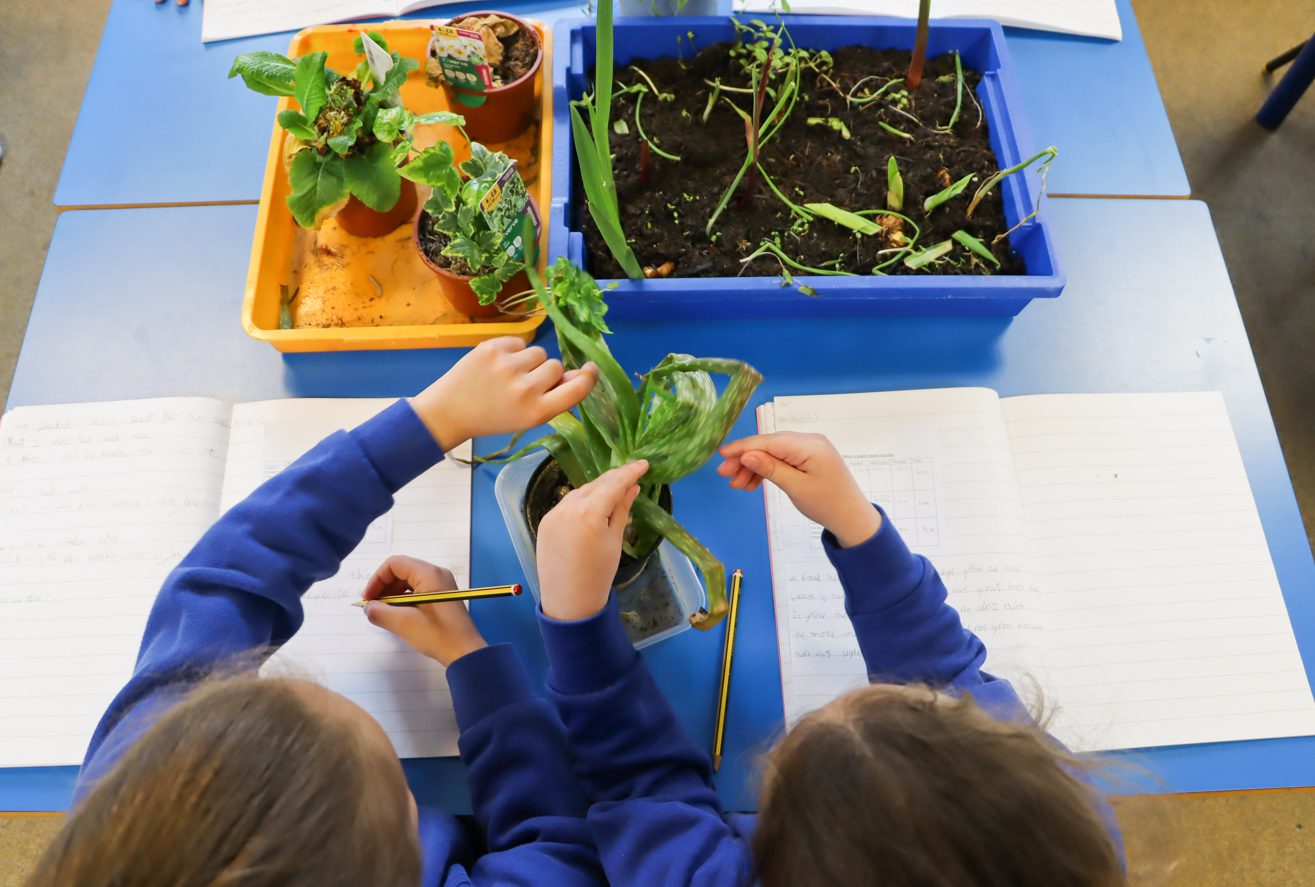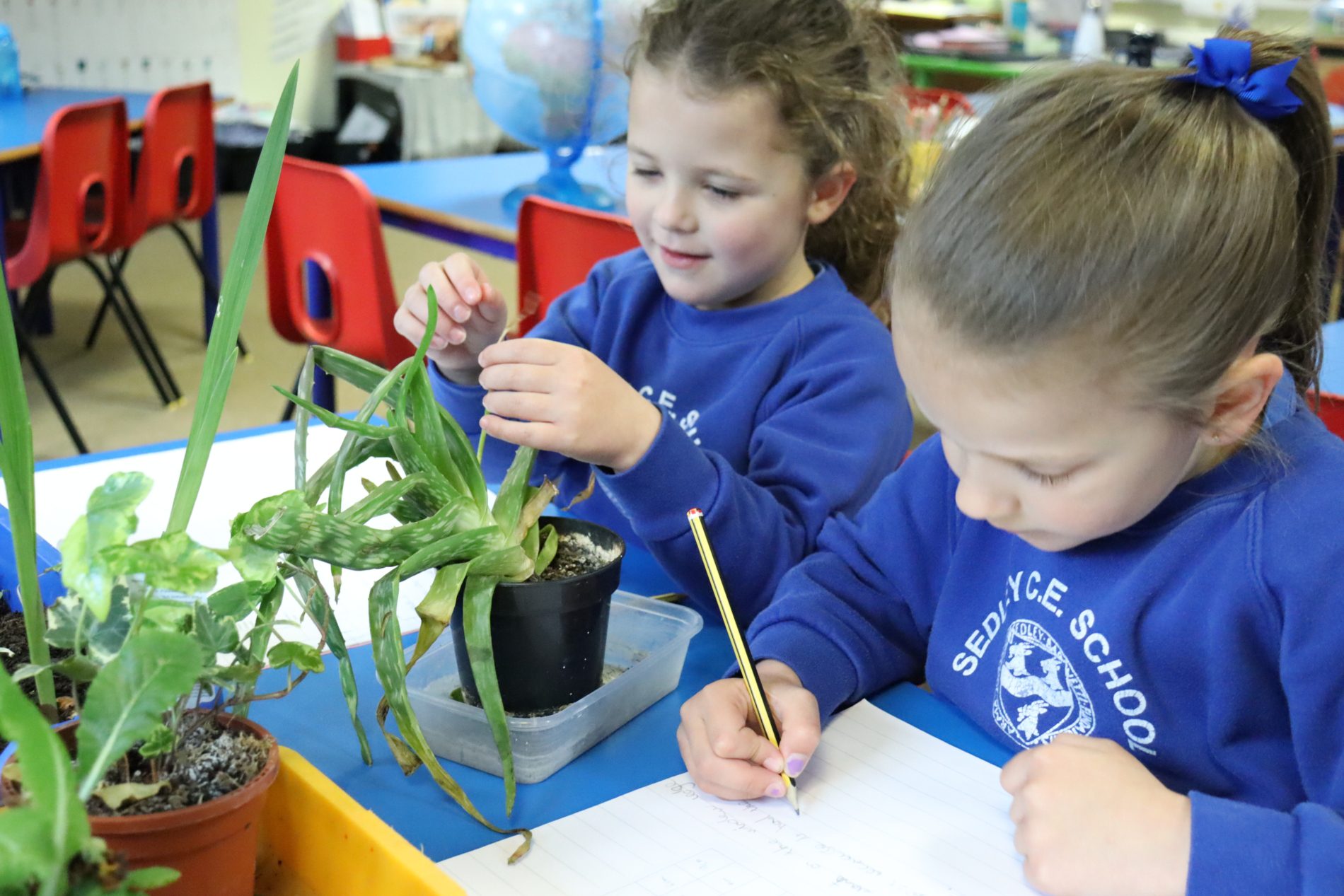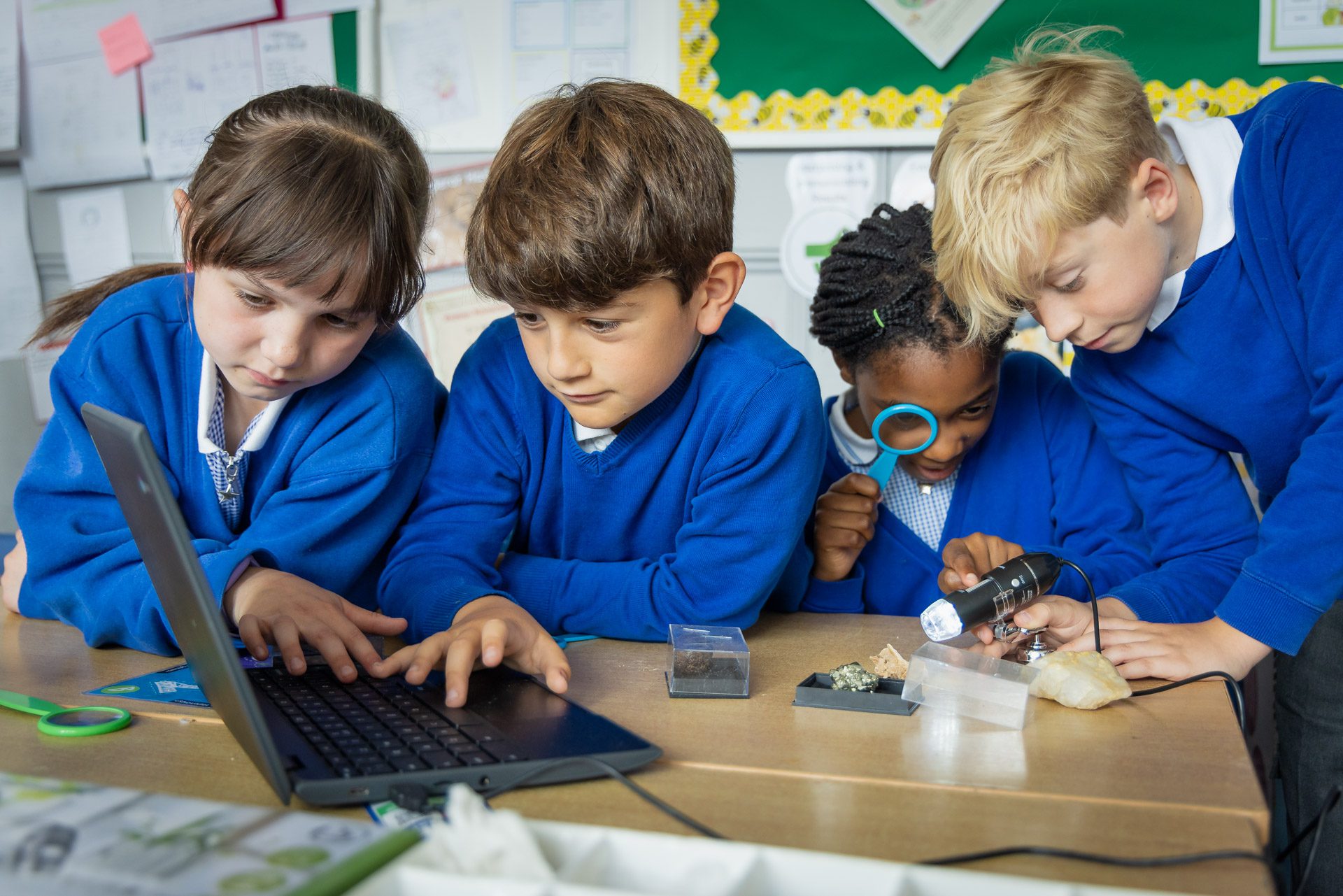Science Subject Leader: Mrs J Abel
As a core subject, children are able to learn in a variety of different ways about how the world works. We encourage our pupils to be curious about how things work and give them the skills to develop key knowledge of the application of science.
Intent
At Sedley’s C of E Primary School, our intention is to deliver a high-quality Science curriculum, providing pupils with the skills and knowledge to understand how Science shapes and influences the world they live in today. We are striving to make the teaching of Science as creative, fun and practical as possible so that our pupils develop a love for learning and become inspired scientists!


Implementation
To ensure our pupils receive a high-quality Science curriculum, we implement the following:-
- Science topics are taught in line with the National curriculum in KS1 and KS2.
- In Early Years Foundation Stage (EYFS), Science is covered through ‘Understanding the world’.
- We ensure our Science topics build upon progression of skills and knowledge and our planning considers this.
- We ensure lessons build upon pupils’ prior knowledge and skills taught in existing year groups/phases to consolidate and reinforce learning.
- ‘Take One Science Week.’
- We ensure our pupils have explicit teaching of the skills needed (question/predict/fair test/classify/grouping/find patterns in data when collecting and organising data) to conduct successful enquiries and experiments.
- Make relevant cross curricular links.
- Build pupils vocabulary including working scientifically.
Impact
Children leave Sedley’s with a solid foundation of understanding in biology, chemistry and physics. They develop observation and reasoning skills, and are able to talk about significant figures in science and their impact on our modern world. Children move onto the next phase of learning with the ability to process evidence and draw conclusions from it.

Science in Each Stage
In the Early Years Science is addressed within the Understanding the World Early Learning Goal, as well as within Personal, Social and Emotional Development.
Understanding the World ELG: The Natural World – Children at the expected level of development will: –
- Explore the natural world around them, making observations and drawing pictures of animals and plants
- Know some similarities and differences between the natural world around them and contrasting environments, drawing on their experiences and what has been read in class;
- Understand some important processes and changes in the natural world around them, including the seasons and changing states of matter.
Personal, Social and Emotional Development ELG: Managing Self – Children at the expected level of development will:
- Be confident to try new activities and show independence, resilience and perseverance in the face of challenge;
- Explain the reasons for rules, know right from wrong and try to behave accordingly;
- Manage their own basic hygiene and personal needs, including dressing, going to the toilet and understanding the importance of healthy food choices.
Continuous provision in the Early Years provides ongoing opportunities for pupils to explore creative activities in their own way.
In KS1, pupils will explore the world around them, be able to ask relevant questions and set up simple practical equipment. Pupils will be able to identify, describe, compare and name a variety of common animals.
In KS2, pupils will learn a range of different topics including plants, animals, humans, nutrition, fossils and more. This helps pupils to develop a deeper understanding of scientific ideas. Key scientists feature in science teaching for Key Stage Two and core vocabulary is given high priority.
Science Progression
SEND Information
Our SEND and disadvantaged pupils are given the necessary support in class to fully access the supported Science curriculum. Learning is adapted where necessary to support SEND/EAL pupils to give equal opportunities for all to be confident in approaching any problems faced. Interventions, support and challenges are constantly revised and adapted to ensure all children are supported in achieving learning. The above areas are robustly and continuously monitored to ensure any gaps in learning are addressed.
Science Extra Resources
For remote learning, please visit our remote learning page or contact our Head of Science for more information.

